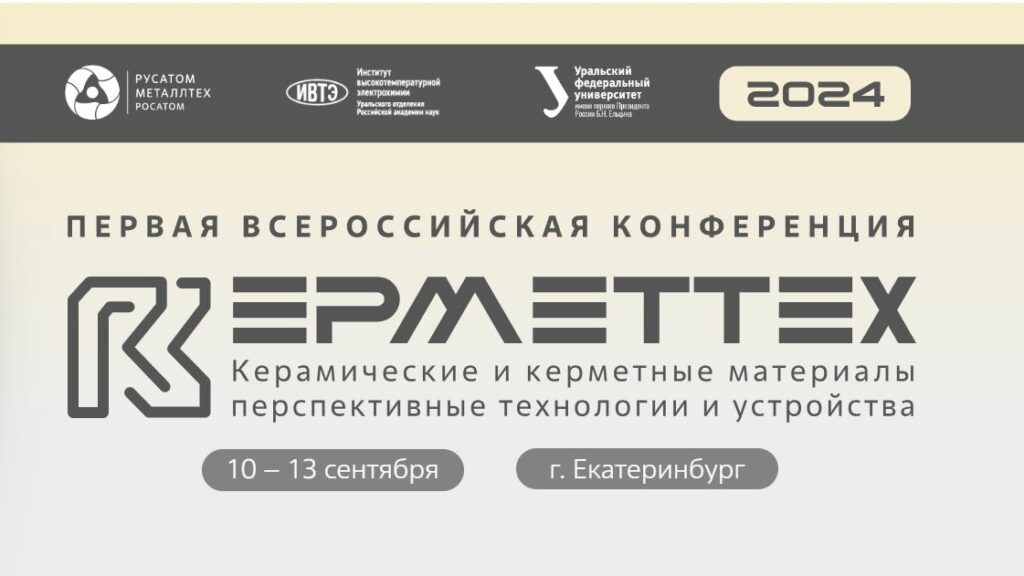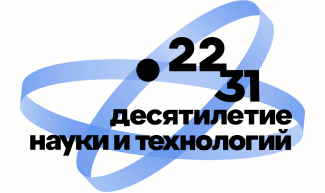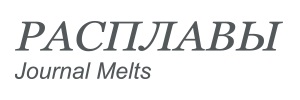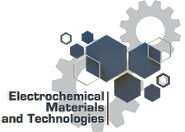 Head of the Laboratory:
Head of the Laboratory:
Kovrov Vadim Anatolievich
Ph.D (Chemistry)
There are 14 employees including 2 DSc (Chemistry), 1 DSc (Technology), and 6 PhDs (Chemistry).
In 1971, special laboratory №2 related to the development of non-aqueous and pyro-electrochemical technologies for nuclear energy was organized. In 1993, this laboratory was renamed to the «Laboratory of radiochemistry». Today, the priority directions of research in the laboratory are high temperature chemistry and electrochemistry of radioactive elements, the development of scientific fundamentals for the effective processing of non-traditional chemical raw materials. The main objects of research are uranium compounds of different degrees of oxidation, fission radionuclides, valuable components of structural materials that are in contact with nuclear fuel during its burning and processing. Molten halides (chlorides, fluorides), sulfates, and polytungstates, alkali metal polymolybdates were investigated at different times as solvents.
The main achievements of the lab:
As a result of the conducted studies, general regularities connecting the ionic composition of electrolytes containing dissolved uranium compounds with the stoichiometry and structure of uranium oxides evolved during the electrolysis of halide and oxide melts were revealed. Methods of electrochemical preparation of mono- and polycrystalline uranium oxides with given composition, its solid solutions with plutonium oxides, and other metals were investigated. The mechanisms of contamination of cathode deposits by fission products were studied, methods of cleaning fissionable nuclear fuel components from impurity elements were proposed. These achievements have made a significant contribution to the creation of the technological scheme of pyrochemical reprocessing of the spent nuclear fuel on fast neutron reactors.
Methods of fluoride salt melt purifying for homogeneous nuclear reactors on molten salts and devices for monitoring the oxidation-reduction potential of the molten fuel composition in the reactor have been developed. Currently, the main field of interest of the laboratory is the study of the processes occurring in chloride melts during the processing spent nitride fuel on fast reactors.
The laboratory is developing dynamically – the number of employees is growing, the most advanced instruments for scientific research are being purchased.
In different periods the laboratory was closely connected with the Rosatom enterprises: NIIAR, Kurchatov Institute, VNIINM, RFNC VNIITF (Snezhinsk), Mayak (Ozersk), SverdNIIhimmash, Reactor Materials Institute (Zarechny), Siberian Chemical Combine (Seversk).
Since 2016, the laboratory collaborates with the “Breakthrough (Proryv) Project” on the topic: “Development of technologies and equipment for pyrochemical processing of spent nuclear fuel for fast neutron reactors”.
 Head of the Laboratory:
Head of the Laboratory:




